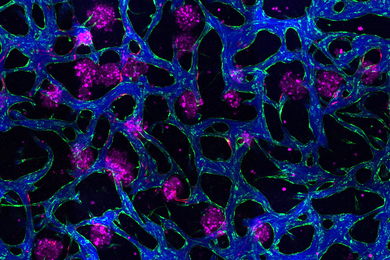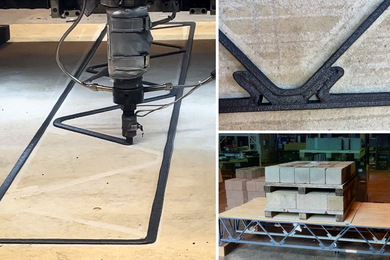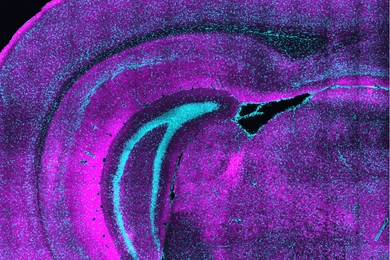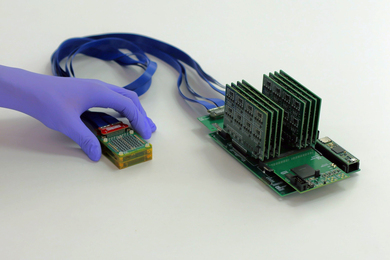Eight MIT researchers are among the 215 newly elected fellows of the American Physical Society.
The honor recognizes researchers who have made advances in knowledge through original research and publication or made significant and innovative contributions in the application of physics to science and technology. They may also have made significant contributions to the teaching of physics or service and participation in the activities of the Society.
The new MIT fellows are:
Robert E. Cohen, the St. Laurent Professor of Chemical Engineering, for seminal contributions to the understanding of the morphology and properties of heterogeneous polymers, in particular, pioneering fundamental work on molecular structure of block copolymers and toughening of crystalline polymers.
C. Forbes Dewey, professor of mechanical engineering and bioengineering, for experimental and theoretical studies of high-speed and separated flows, innovations in flow measurement techniques and technology, and the understanding of the biological response of living cells to fluid-mechanical forces.
Jacqueline N. Hewitt, professor of physics, for pioneering investigations of gravitational lenses using radio astronomy, application of gravitational lens studies to cosmology, and leadership in astronomy.
Krishna Rajagopal, associate professor of physics, for seminal contributions to the theory of dense matter, including color-flavor-locked and crystalline phases of color-superconducting quark matter, and critical phenomena in heavy ion collisions.
Caroline Anne Ross, the Merton C. Flemings Career Development Professor of Materials Science and Engineering, for innovative research into the magnetic properties of thin film and nanoscale structures, and for the development of novel lithographic and self-assembly methods for nanostructure fabrication.
Stephen Steadman, the scientific administrator for the Laboratory for Nuclear Science, for his contributions to heavy ion nuclear physics at both low and high energies, his commitment to training students, and his exceptional stewardship of the RHIC program.
Linda E. Sugiyama, a principal research scientist at the Laboratory for Nuclear Science, for contributions to the development of numerical simulation for the study of basic questions in plasma physics and the inter-relationship between the numerical and analytical approaches to plasma theory.
Frank Wilczek, the Herman Feshbach Professor of Physics, for the discovery of asymptotic freedom in the theory of the strong interactions.
A version of this article appeared in MIT Tech Talk on December 8, 2004 (download PDF).





